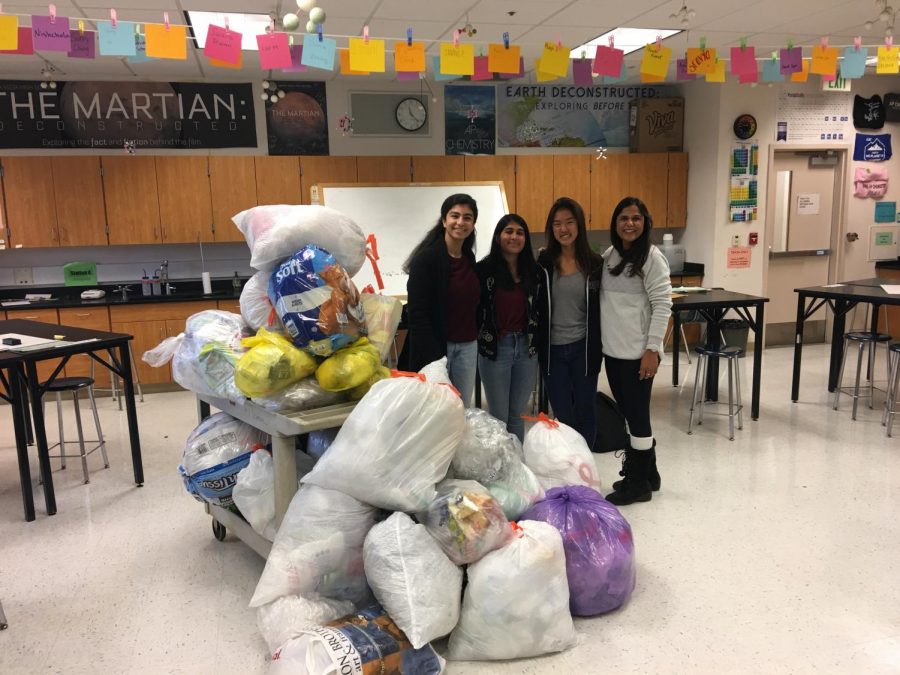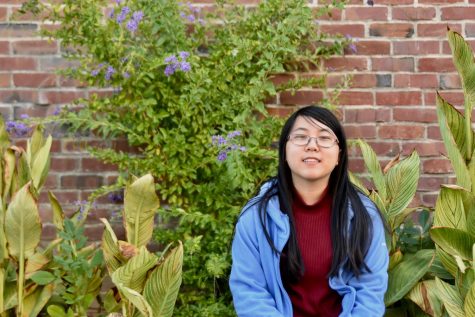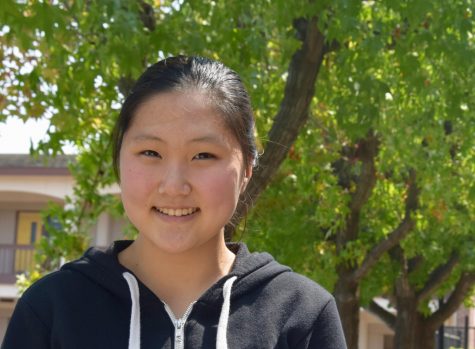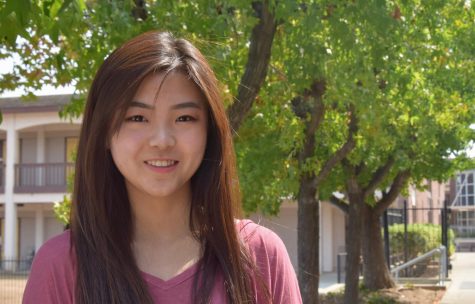Upping the recycling game: AP chemistry teacher Kavita Gupta and MVHS students help spread awareness about proper waste disposal
Chemistry teacher Kavita Gupta and a group of seniors spread awareness about proper waste disposal.
December 17, 2018
Bags filled with pieces of plastic line the cupboards of AP Chemistry teacher Kavita Gupta’s classroom was the result of an almost year-long project. The project began during second semester of last year, when Gupta introduced her students to BioCellection, an organization managing a project called Upcycling. The goal of this project is to encourage students to collect film plastic for BioCellection in order to create a more effective recycling process.
As the advisor for the project, Gupta hopes to spread awareness within the community, and possibly make a change in the public’s attitude toward recycling. Wanting to implement change, she decided to take the initiative.
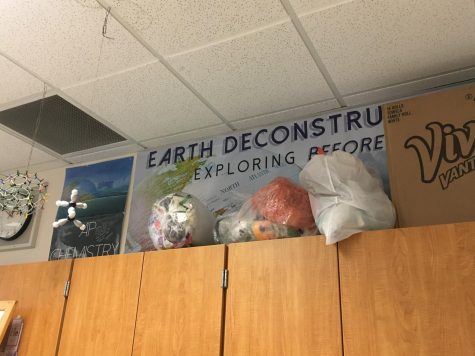
“For me, over [the] past three months, I’ve just been putting all the film plastic in a container and I’ve collected six, seven bags myself and we are only a family of two,” Gupta said. “If each of us did our part and did this collection, I think the world would be a better place.”
As a part of the National Geographic certified educator community, Gupta shared the information she learned from the articles she read, as Gupta believed this to be a relevant topic for her students.
“This earth is theirs, they really need to be aware of the issues of their time, engage and make choices, whatever works for them,” Gupta said.
Gupta and her team of seniors have been working together for a while in spreading awareness within the community. Although the seniors haven’t managed to make much progress on public outreach, they intend to do so this coming semester. As of now, they are working with Girl Scout troops to help further the project. Currently, the seniors are collaborating on this project, gathering plastic and taking it to Menlo Park where BioCellection is based.
Senior Elika Hashemi decided to join this project out of her interest in environmentalism and chemistry. Prior to joining the project, Hashemi had believed that simply placing recyclables in the blue bin would do enough in saving the environment, but quickly realized that there is so much more behind a seemingly simple process.
“I’m doing my part to help Mother Nature,” Hashemi said. “But in their presentation that they gave us, it was really eye-opening that so much of the plastic that we seemingly recycle is not being recycled properly.”
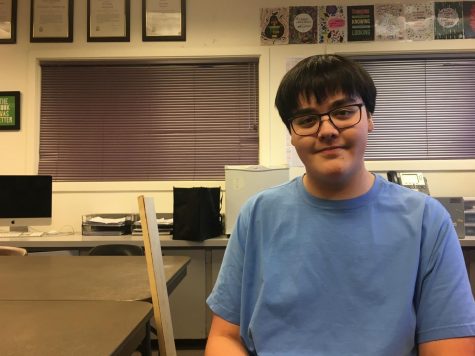
Similar to Hashemi, seniors Andrew Fung and Kimberly Chen has always been interested in environmental issues as Fung understands that they have been a consistent problem throughout generations. Although recycling is only one aspect of the issue, Fung understands that by helping fix this problem first, he can be part of the change and lessen the severity of the issue as a whole. He hopes to spread awareness about the issues the world is facing, such as global warming.
Starting with collecting recyclables, the project started toward the end of last school year. However, most of the work was done at the beginning of this school year. The team worked during lunch, reaching out to different people in the community and asking people to collect their recyclables also.
The seniors are specifically collecting film plastic, which is identified as thin, flexible and clear, often being used in wrappers. After collecting, the plastic is sent off to BioCellection for a large-scale test that may take place early next year. This test will help identify ways to beneficially use our plastic waste. If the test brings back positive results, they hope to implement the idea in the near future.
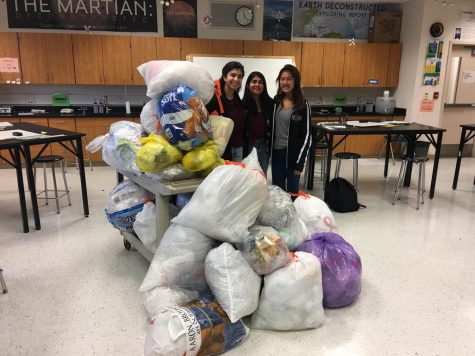
Currently, recycling isn’t as efficient as many think — the full process behind recycling is much more complicated. What is recycled may end up being outsourced to third world countries due to financial costs. From there, the recycled trash may find itself in the ocean, consumed by or trapping sea animals. This is a concerning issue as the plastic that is consumed by these animals may sometimes be found in humans. Though Hashemi was aware of this concern, she wasn’t able to understand the severity of the issue until now.
“I knew that our school wasn’t recycling, and I knew that issues existed already within the recycling system. I knew that it wasn’t perfect and that not everything we throw in the blue bin gets recycled,” Hashemi said. “But I didn’t know to what extent that problem occurred. I didn’t know how it affected people so egregiously in third world countries.”
Chen, having witnessed a series of photos detailing the injuries of animals, understands how egregious this issue is and hopes that their work will help the sea life being endangered.
“There’s these pictures of birds’ stomachs cut open, and you see it’s just filled with plastic,” Chen said. “It’s really disheartening to see that and if I can do something about it, I really want to be able to do that.”
Hashemi also acknowledges that every bit of effort counts, especially if it goes to saving the sealife. Hashemi hopes that other students will become involved in this movement.
“We’re gonna be the ones who are inheriting the world,” Hashemi said. “We need to make sure we can help improve the quality of life for everyone and also decrease the presence of climate [change].”


